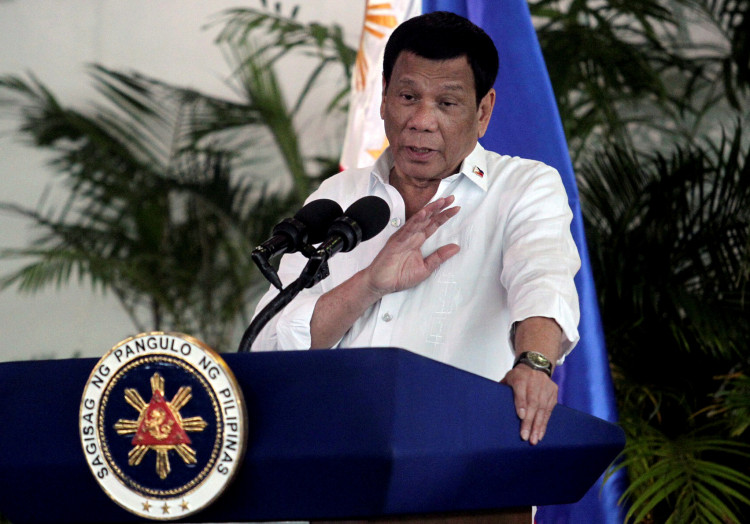The National Economic and Development Authority (NEDA) said on Thursday that ongoing global oil price hikes are not yet a huge threat to the Philippines economic development. Instead, the agency said food price inflation is a bigger problem.
According to the Philippine Star, NEDA Chief and Socioeconomic Planning Secretary Ernesto Pernia told the media that oil price hikes have a smaller effect on the country's economic stability.
Pernia pointed out that increasing food prices are a bigger threat than oil hikes are. He said that "food price inflation is more deleterious to inflation in general than oil because oil price increase is gradual and haven't really reached the peak yet."
While oil price hikes may have some sort of an impact on commercial autos such as jeepneys, Pernia said the effect will be suffered mostly by Filipinos who own private vehicles.
Amid concerns regarding the impact of oil and food price hikes in the Philippines, Pernia said the summer season could help the government step up on projects. He added that cooling inflation will most likely boost household consumption.
Fears over the effect of oil price hikes on the Philippine economy came after Oxford Economics warned that the country's gross domestic product (GDP) may cut around 1.2 percent next year if global oil prices hit $100 per barrel.
The Asian Development Bank (ADB), on the other hand, said on Thursday that the Philippines has the potential to become Asia's fastest-growing economy. According to ABS-CBN News, the ADB attributed its bullish prediction to the government's infrastructure initiative, a booming young workforce, and relevant tax reforms.
At the moment, the Philippines is controlling its debts well. ADB Chief Economist Yasuyuki Sawada noted that the country's fundamentals are "quite strong" so far as the Filipino workforce strengthens its position in English proficiency and technology.
Late last month, the Philippine Daily Inquirer reported that IHS Markit is expecting the Philippine economy to double in growth by 2026. The research firm also forecasted that the country's GDP may reach a value of $1 trillion in the year 2032.
IHS Markit said in its report titled "Philippines Tiger Economy Still Set for Dynamic Growth" that the country is expected to achieve an upper middle-income status by 2022. The report stressed that increasing household incomes will play a key role in driving the Philippine economy towards development in the coming years.
Over the last seven years, the Philippines' GDP expanded by over six percent, triggering talks of the possibility that the country may have what it takes to become a regional leader in the near future. Analysts said this could be possible if investments flow in and reforms are implemented as necessary.






